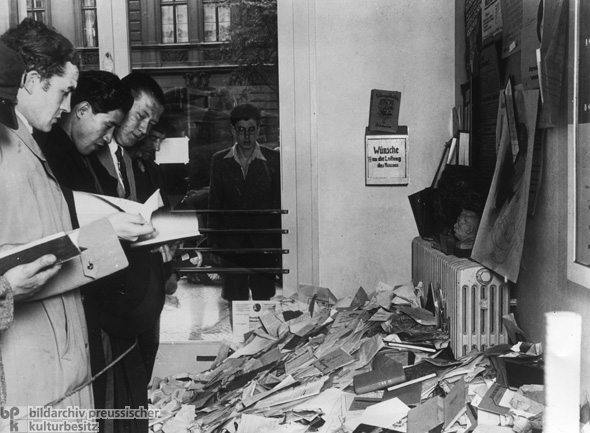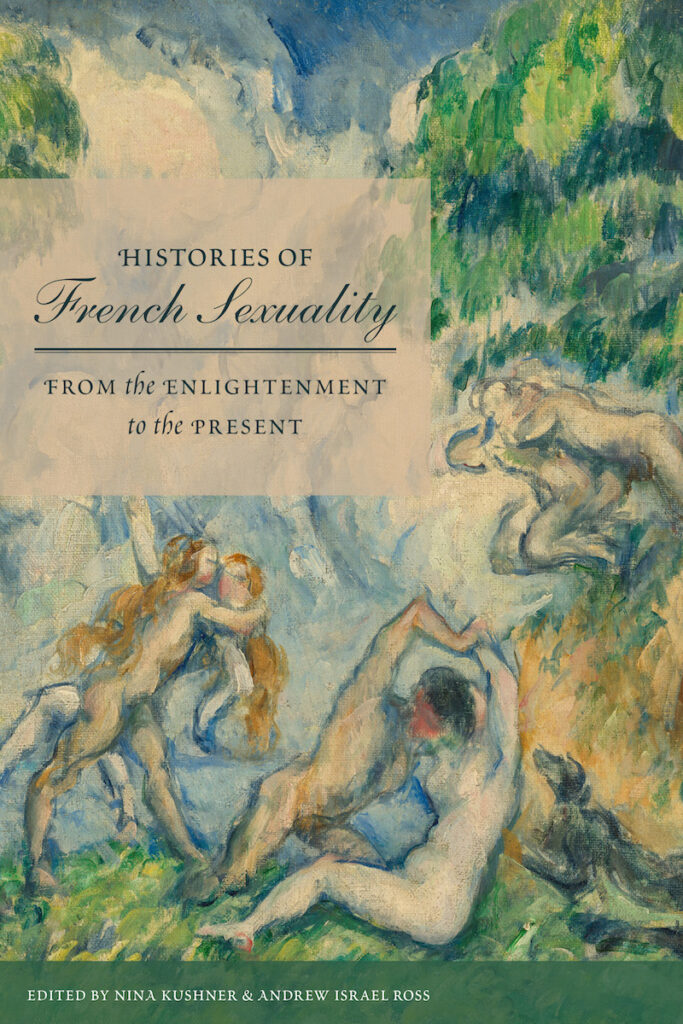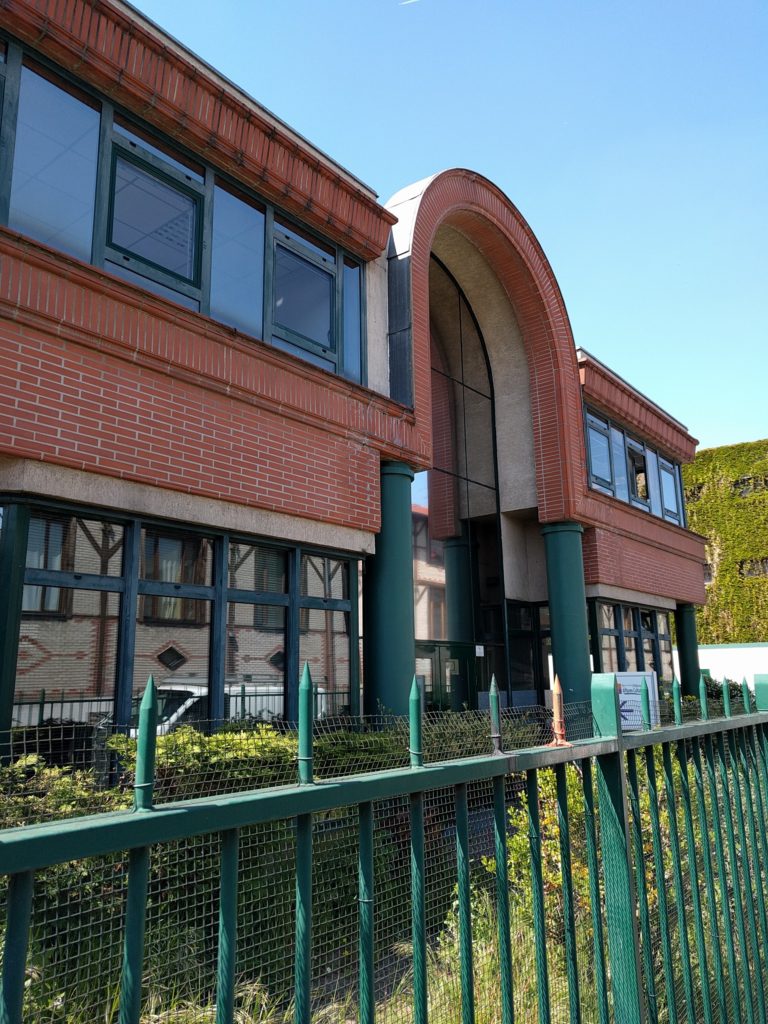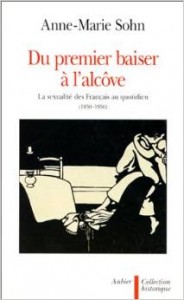I’ve recently come across a couple of blog posts on the problems of “erasure” in modern queer historiography, focusing particularly on that of lesbians and transgender individuals. In the first, Rachel Hope Cleves describes the recent “Gay American History @ 40” conference in celebration of Jonathan Ned Katz’s Gay American History (1976), with an emphasis on an apparently quite fraught debate on lesbian identity, both historically and politically. In the second, Cheryl Morgan responds by emphasizing how the very debates over lesbianism can — sometimes purposefully — erase the historical existence of trans identity in turn. While some lesbian activists fear the elimination of their historical identity in the wake of trans, some trans activists argue that radical feminists and lesbians are trying to undo their own. This debate is obviously longstanding and I wasn’t driven to write a brief post by intervening in it. Rather, I found both responses to be good for thinking about my own approach to the historicization of sexuality and the ways in which I think it necessary to take the complexities of these debates and apply them to supposedly more “stable” or “dominant” subjects, in particular the study of male same-sex sexual activity in the past.
In her post, Cleves describes an “aggressive form of historicism directed by academics at the category of lesbians” that has not, she implies, really been applied to male homosexuality. If we have constantly and consistently asked whether women who lived with other women in the past were “actually” lesbians, we have have not seemed to have much trouble assuming the sexual nature of men who shared their bed with other men. While Cleves may be right to point out that these questions were initially raised as a way of “dismiss[ing]…the importance of women’s lives, lesbians’ lives, and trans lives too,” I think that rather than rejecting them, we should apply them to precisely those subjects of history we think we already know. What if, in other words, evidence of male same-sex sexual activity was not, ipso facto, evidence of male homosexuality or even its precursors? It is precisely historical work on women’s sexual relationships that has prodded my own critical approach to the existence of male homosexuality in the recent past (for example, Sharon Marcus’s Between Women and Laura Doan’s Disturbing Practices). In some ways this claim seems obvious in the wake of the debates over social construction, but it seems to me that it is not taken as seriously by scholars of men’s sexual relations as it should be. The “aggressive form of historicism” levied at lesbians should, in other words, be also directed at gay men.
This approach contrasts with Morgan’s call to recognize the existence of trans identity in the past. Both Morgan and Cleves recognize the ongoing desire of marginal sexual subjects to have a recognizable history and as Morgan points out “there is massive of evidence of people having cross-gender and third-gender identities in history, and even of medical intervention.” That evidence, however, does not by itself mean that trans identity itself existed prior to the twentieth century. Transgender identity itself is not a singular thing, but just as with other gender and sexual configurations — including heterosexuality and cis-identity (itself a creation in some measure of the emergence of trans) — relies on a specific social and cultural relationship attributable not just to modern science and medicine, but to broader discourses about the body, the individual, and desire. In any case, I would argue that the kind of historicization that some see as erasing certain forms of identity actually acknowledges a past that acknowledges the complexities of sexual identity. Perhaps there is no transhistorical trans subject to look for in the past (just as there is no lesbian or gay male one either), but there is a trans history, comprised of the multiple forms of cross-gender identification that existed in the past, ones that intersected uneasily as well with other kinds of sexual dissidence, such as same-sex sexual desire.
Resisting the stability of the sexual past, therefore, seems necessary to achieve the “opening [of] the past” that Cleves calls for at the end of her piece. Questioning rather than assuming the existence of our own identities in the past highlights other kinds of relationships that may have existed. The very kind of historicization deemed suspect in this debate may be precisely the tool we need to revitalize the connections that cross contemporary identity categories. In other words, breaking down contemporary modes of being or refusing to approach the past only to confirm those identities, may be precisely what is necessary to showcase the connections we have lost in the wake of modern sexual politics that always seems so ready to put us back into self-contained boxes.



